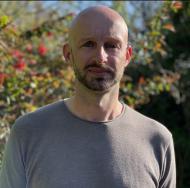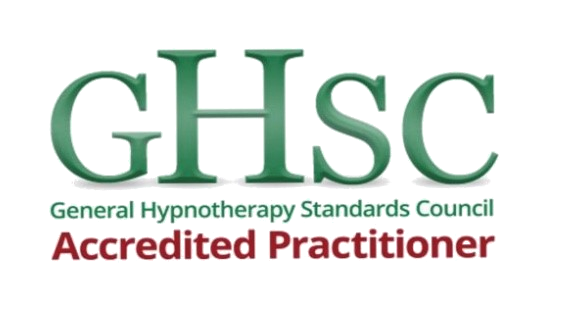CBT for Grief and Bereavement - London, UK-Wide and Online By Video-Link
We provide CBT for Grief and Bereavement from our main centres in London and across the UK. CBT provides a structured and sensitive treatment for people experiencing Bereavement problems or Complicated Grief and the research evidence shows that it works. For more information and a free initial telephone consultation, contact our friendly team via the simple contact form on this page, by emailing info@thinkcbt.com or calling us on 01732 808626.
Bereavement Therapy
We provide counselling and CBT support to people who have recently experienced the loss of a family member or close friend. Bereavement can lead to a period of profound personal distress or emotional detachment and this can continue for six months to two years following the loss. Whilst the grief and sadness gradually becomes more tolerable over time, the emotional intensity is often so strong in the early weeks, that structured counselling or therapy can be less effective. People often need personal time to acknowledge their loss and grieve in private.
The Grieving Process
The grieving process represents a reaction to and gradual acceptance of profound personal loss. People experience grief in different ways; however the five stages of denial, anger, bargaining, depression and acceptance are sometimes used to explain the transition that bereaved individuals move through as they learn to live with loss. The five phases do not represent a linear timeline, but they can be a helpful way of framing and understanding the different factors in the grieving process.
The Emotional and Psychological Effects of Bereavement
The most common psychological and emotional symptoms of bereavement include emotional detachment, numbness, shock, disbelief, and denial, often occurring immediately following the loss. Emotional distress is often focused on separation, resulting in an all-consuming sense of personal yearning, constant searching and sometimes intrusive images of death. This distress can lead to continuous crying, dreaming, delusions, visual and auditory hallucinations and detached or eratic behaviour. Some people will experience severe anger, will deny or protest the loss and will undergo significant periods of anxiety and depression.
Grief bursts can also occur when people experience short and highly intense spells of anxiety and distress. These episodes can often occur on an unexpected basis or following a period of improved mood or recovery.
Grief is experienced by up to 85% of bereaved people and usually begins to reduce through the passage of time and the transition through denial to acceptance of the loss.
Bereaved people often continue to experience feelings of sadness for many years; however, their ability and resilience to cope with the loss gradually improves. People eventually learn to cope with their loss and sadness.
Complicated Grief
Around 15% of bereaved people experience chronic and complicated grief, where grief is prolonged beyond two years and where the psychological symptoms resemble major depression, generalised anxiety and trauma.
In these circumstances a structured and specialist programme of CBT can be used to help the individual overcome the complex effects of prolonged grief. This work can be undertaken using Cognitive Behavioural Therapy and a process known as Eye Movement Desensitisation and Reprocessing (EMDR). These techniques can only be effectively applied by a suitably trained and accredited psychotherapist.
Deciding When to Start Bereavement Therapy
It can often be helpful to talk to an independent and professionally-trained therapist whilst working through the bereavement process and making sense of the loss. There is a careful balance to be struck between interupting the normal grieving process and helping people to cope more effectively with the emotional distress or unhelpful avoidance patterns.
At Think CBT, we are committed to ensuring that bereaved people benefit from the right timing and the right level of therapeutic support. Therapy provided at the earlier stages of bereavement is usually different from the techniques used to treat complicated or chronic grief and we take care to ensure that the support provided is time appropriate.
If you are experiencing grief and want to initially explore how counselling and CBT can help you, contact us by clicking here. Our experts will guide you through the process and offer advice on the best approach and timing of treatment.
Cognitive Behavioural Therapy for grief and bereavement brings the same rigor, structure and focus to the problem that it provides for many other psychological, emotional and behavioural problems.
Follow the evidence and take a positive step towards changing your situation. Call us now on 01732 808626 or email us at info@thinkcbt.com.



























































































































